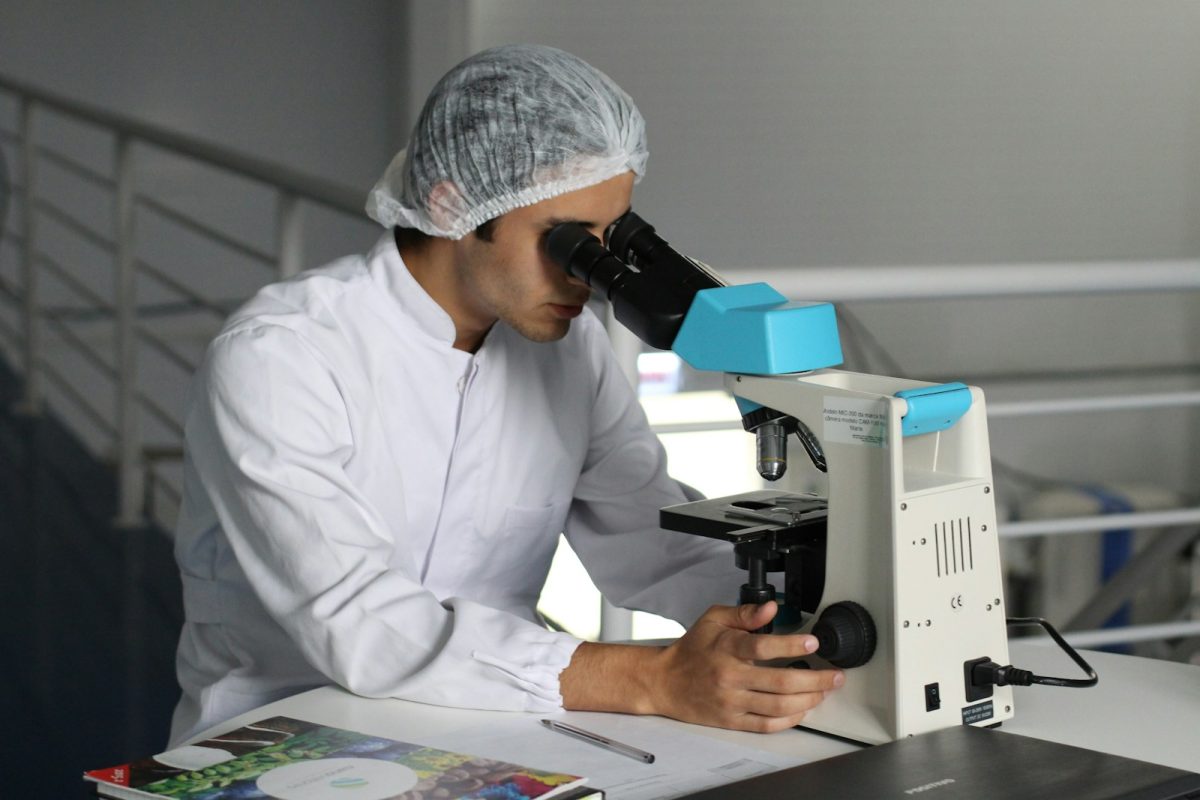
Iron-deficiency anemia, the most common type of anemia, develops when your body lacks sufficient iron to operate. Iron is a mineral that should be implemented into your diet to promote growth and development. The body uses iron to produce hemoglobin, a protein in the red cells that transport oxygen from the lungs outward to other parts of the body, and myoglobin, which specifically transports oxygen to your muscles.
Causes
Blood loss is one of the most reoccurring causes of iron-deficiency. Your red blood cells contain iron, so the more your lose blood, the more iron is being lost. Severe injuries and surgeries both have the possibility of extreme blood loss.
Iron is mainly digested in the duodenum and jejunum of the small intestine. However, there are several factors that contribute to the inability of digesting iron. Intestinal and digestive disorders such as Crohn’s disease, and Celiac disease will affect your ability to fully absorb iron. Certain genetics can severely impact your body’s ability to control blood loss and digestive system.
Symptoms
Early stages of iron-deficiency anemia will usually go underdetected, but as the body constantly becomes deficient in iron, symptoms will begin appearing and intensify.
- Pale skin
- Fatigue
- Little appetite
- Dizziness and headache
Prevention
- Iron dense diet – Meat such as chicken, pork, lamb, and other organ meats
- Iron supplements – Iron supplements should be used over several months to increase the iron composition in your blood
- Food high in vitamin C – Vitamin C can help iron digestion: grapefruit, tomatoes, and orange juice all contain vitamin C.
Related Stories:
https://www.nhlbi.nih.gov/health/anemia/iron-deficiency-anemia
https://www.mayoclinic.org/diseases-conditions/iron-deficiency-anemia/symptoms-causes/syc-20355034
https://www.hematology.org/education/patients/anemia/iron-deficiency
https://www.hopkinsmedicine.org/health/conditions-and-diseases/irondeficiency-anemia
https://medlineplus.gov/ency/article/000584.htm
Take Action:





